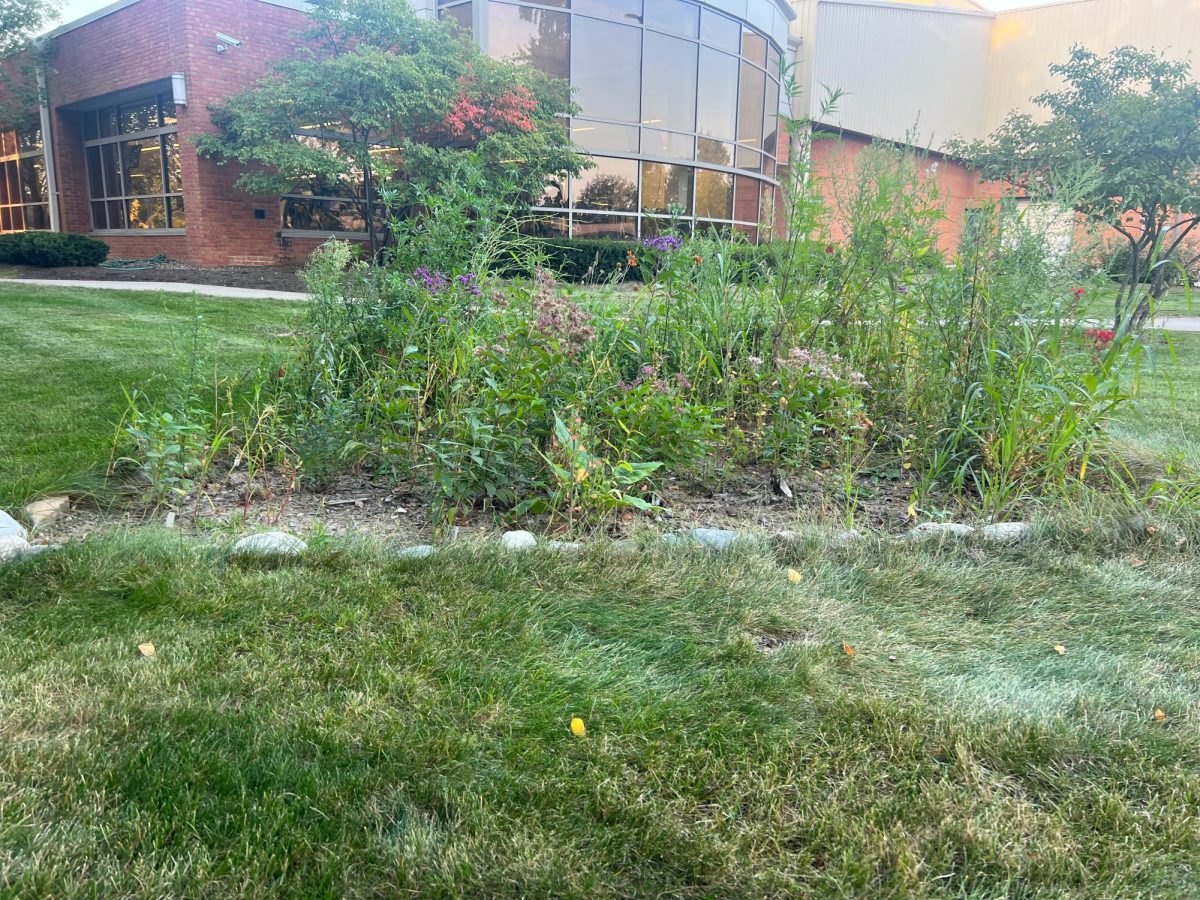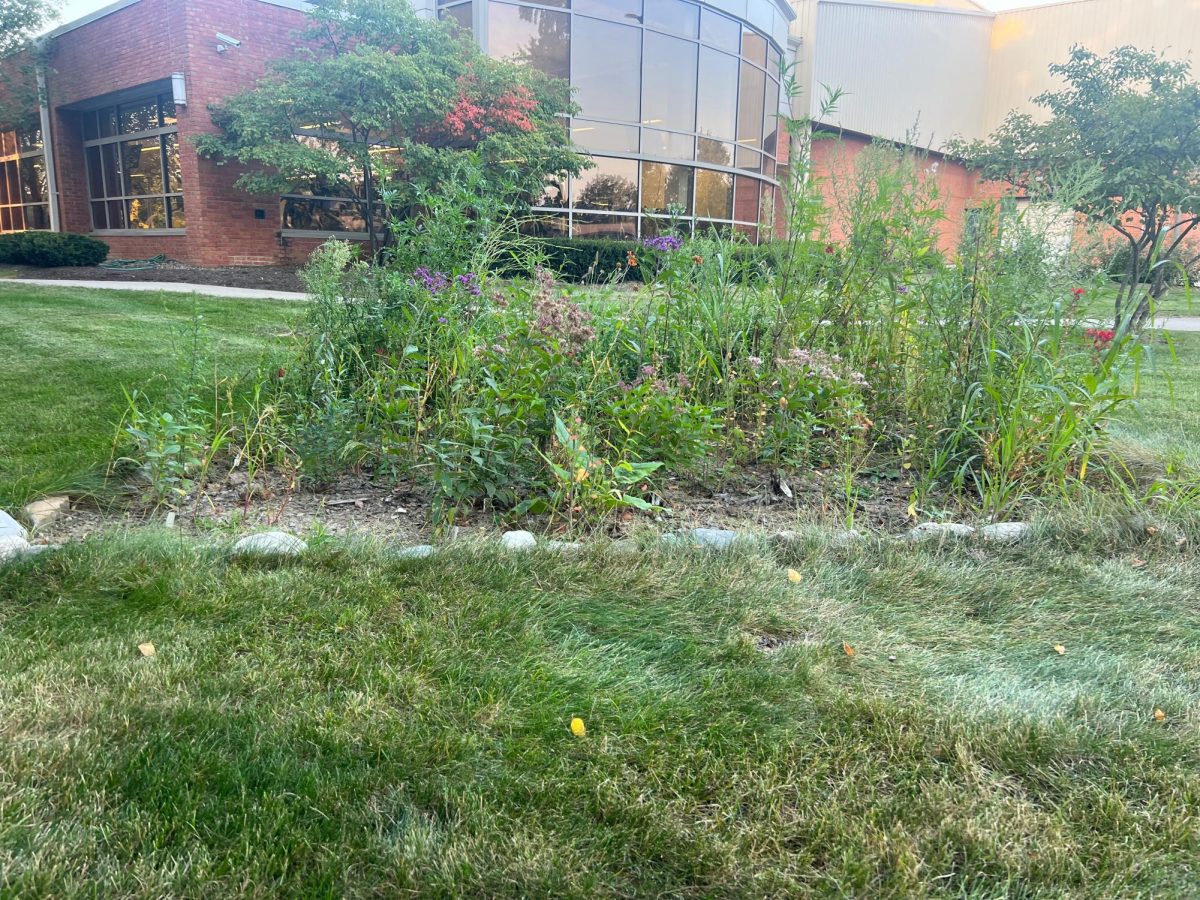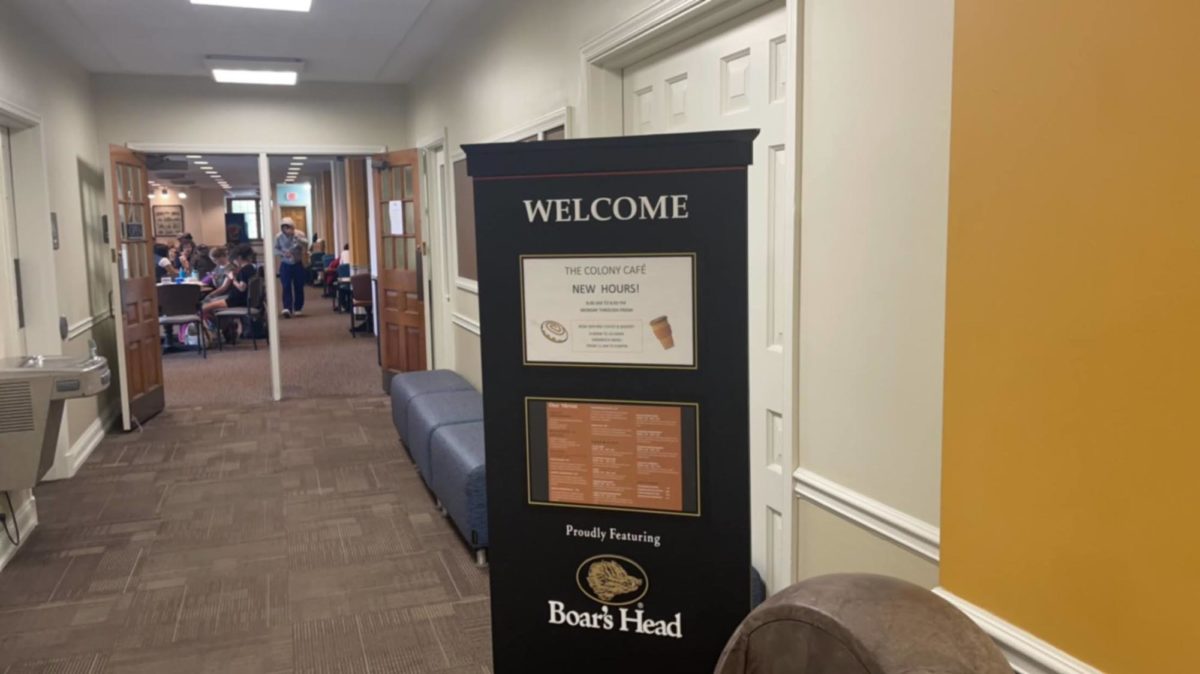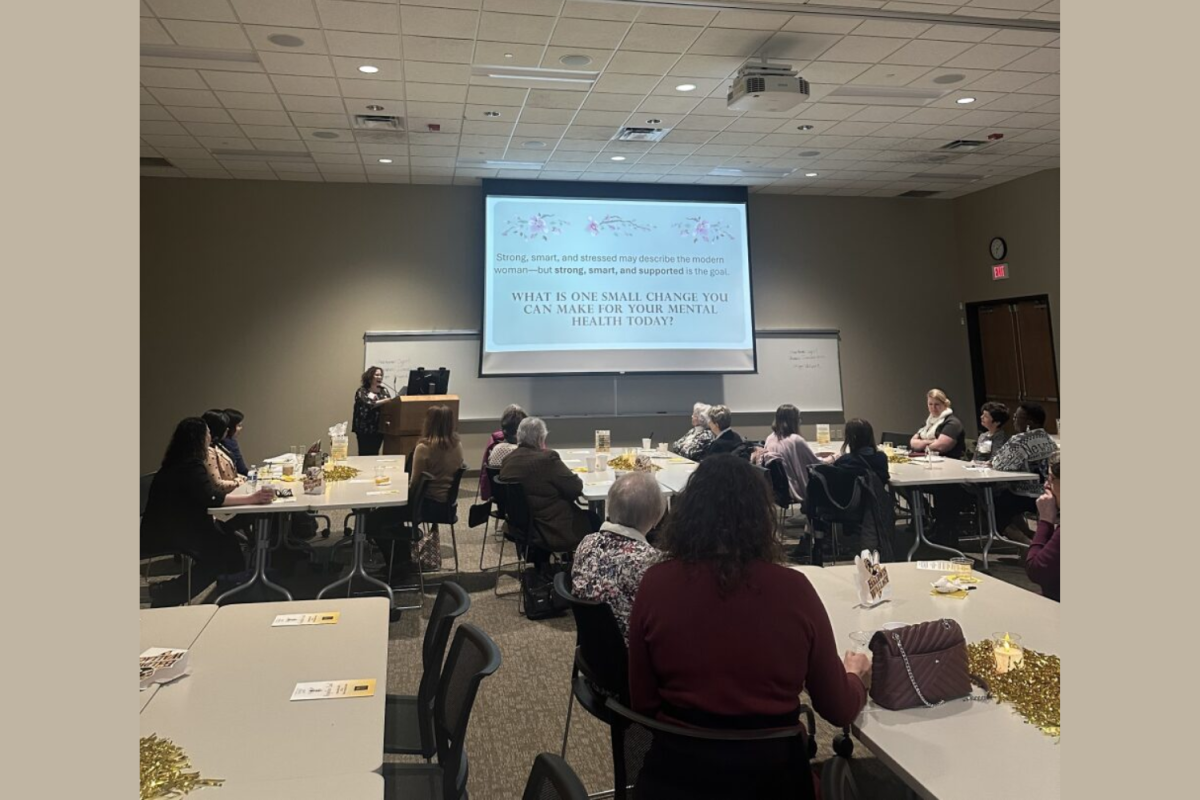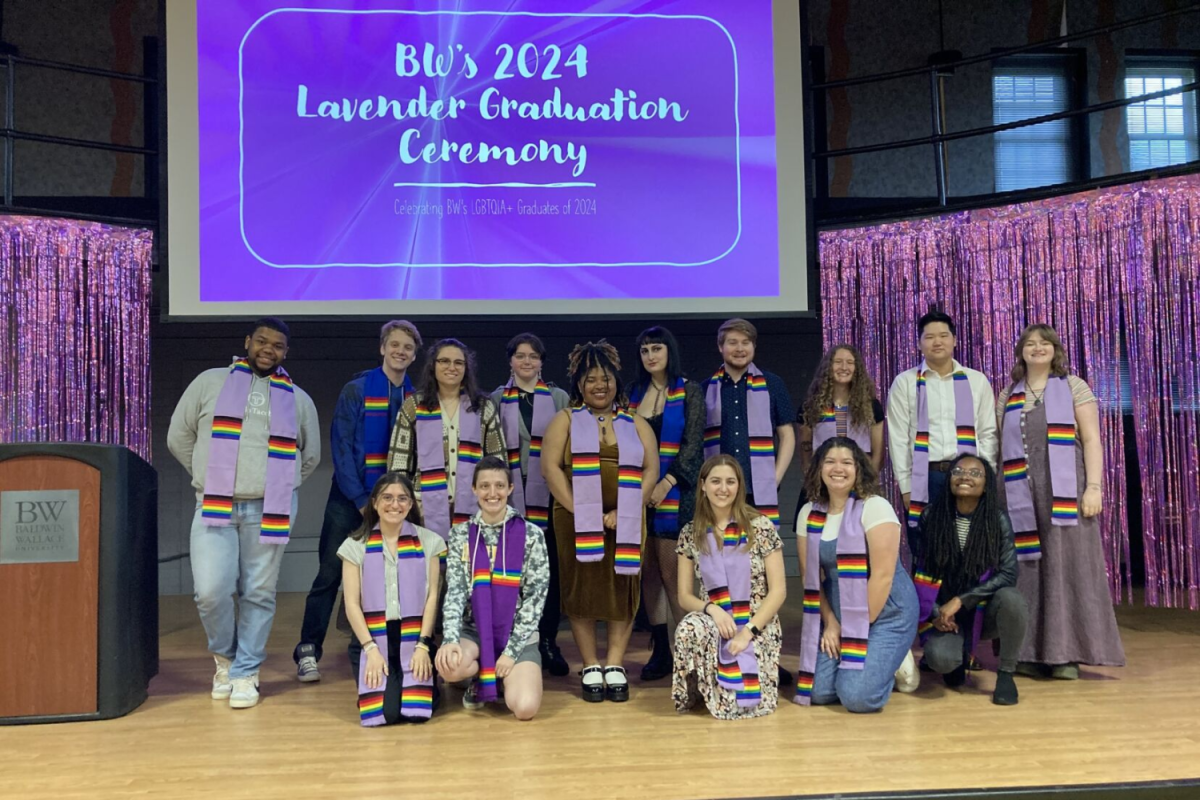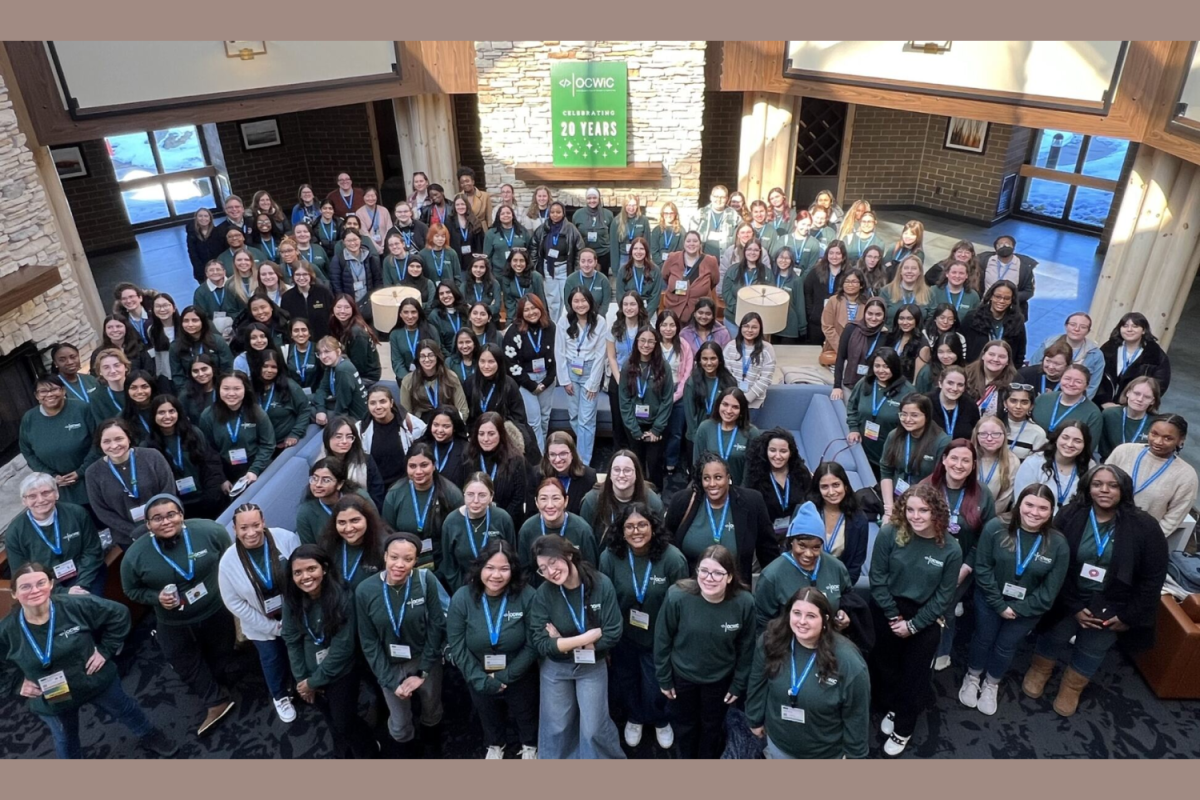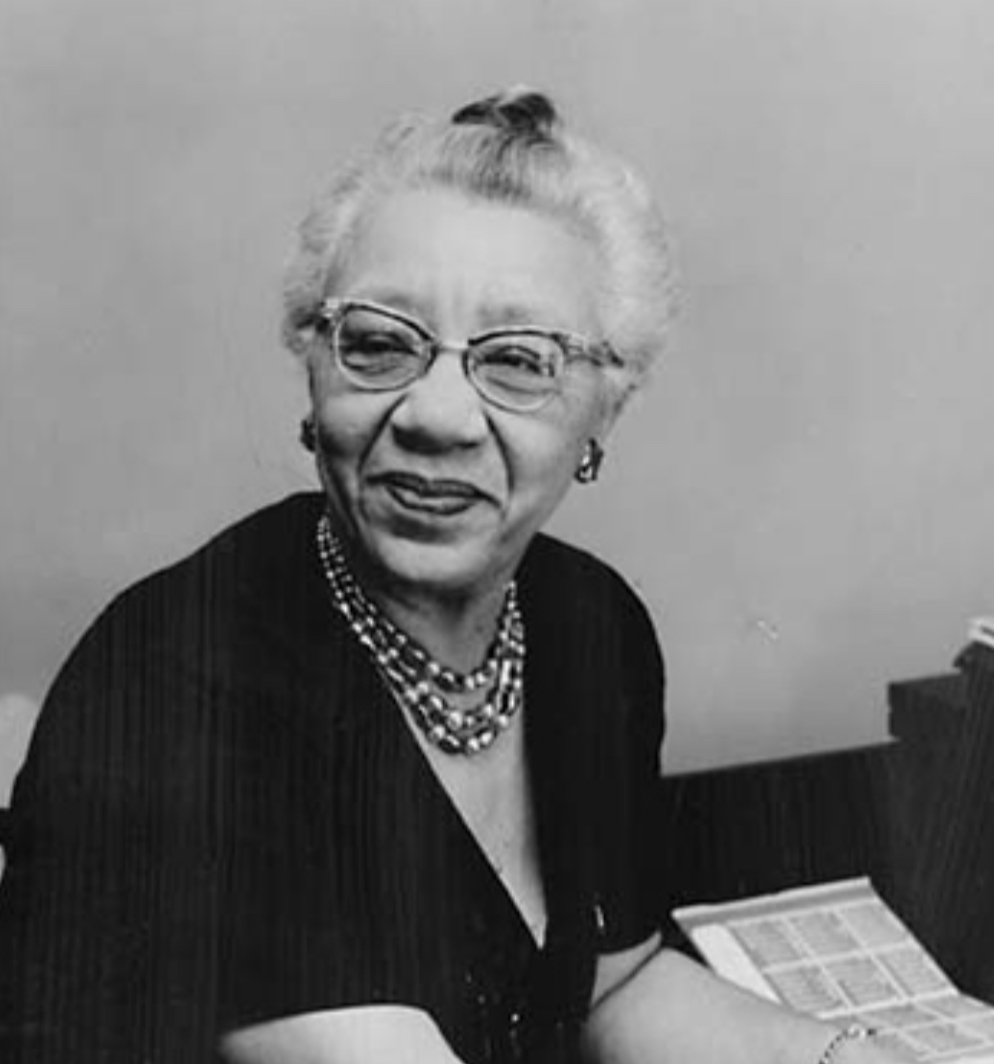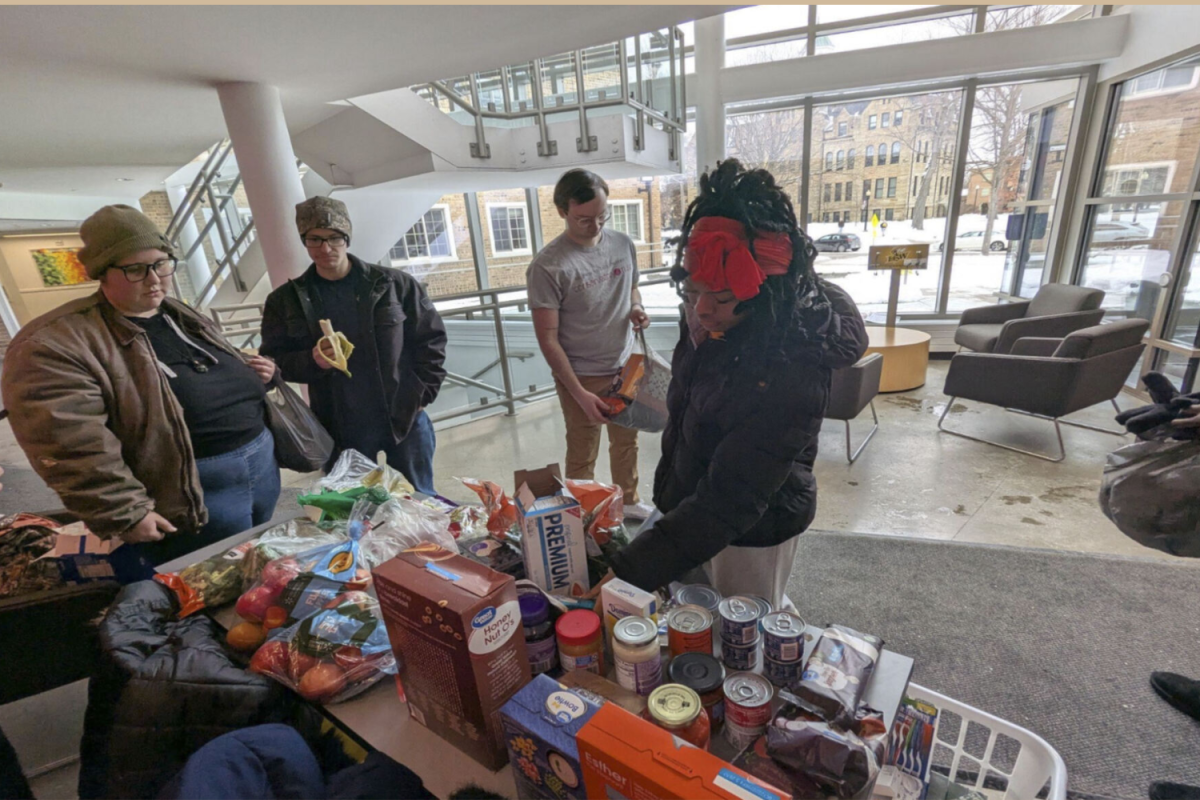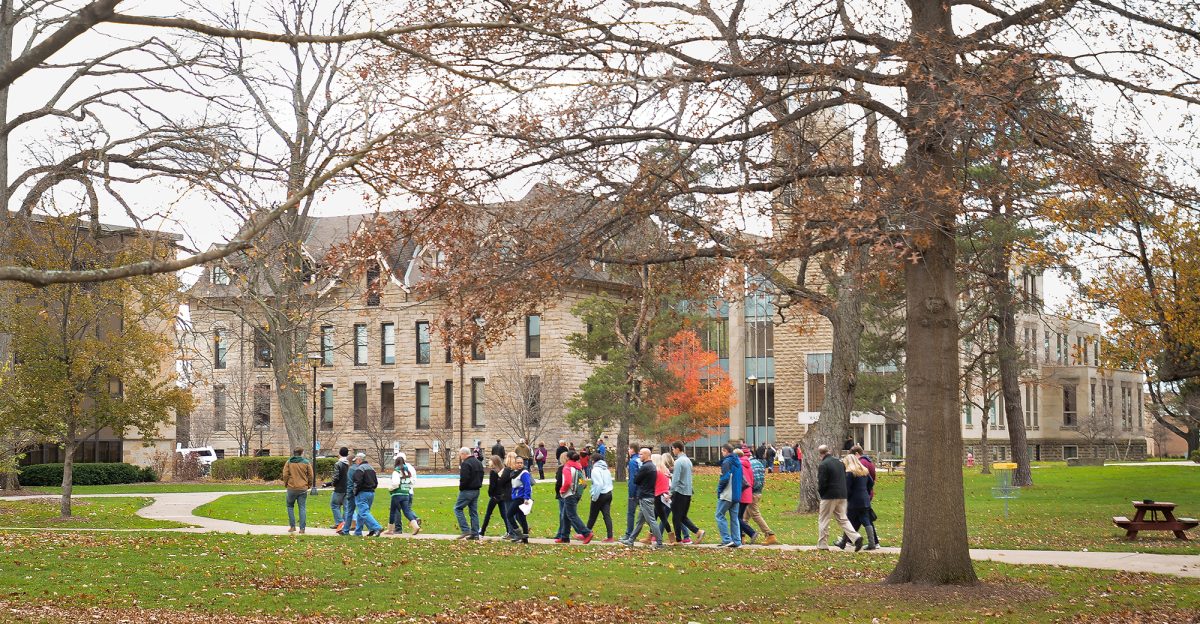Students and faculty alike advocate for more native plants around Baldwin Wallace University to help improve biodiversity and bring pollinators to campus.
Andrew Merwin, assistant professor of biology and geology, said that in the Northeast Ohio area, meadow habitats are common places that host native pollinator plants, such as milkweed and ironweed.
Merwin said that between 70% to 90% of native insects rely almost exclusively on a small group of native pollinator plants — the plants that BW is limited in.
Emily Shelton, a recent graduate of the sustainability major, helped create a native plant garden near Lou Higgins Recreation Center as part of an Earth Week initiative in the spring of 2023.
“We wanted to bring in local plants because that will help with pollinator and animal biodiversity as well,” Shelton said.
Shelton said she chose certain plants for the garden because these plants were not invasive.
BW is home to many tulips that bloom on campus every spring and summer. However, both Merwin and Shelton said that while tulips look pretty, they are not beneficial for the local environment.
“Personally, I think that everything [every plant on campus] should be [a]native plant,” Shelton said. “If we have plants out there, they should be native.”
Building and Grounds at BW are also involved in increasing native plants on campus in their planning.
Head Groundskeeper Keith Lawson said they evaluate a potential planting site’s growing conditions before they pick the plant species.
“We always try to plant native plants as much as possible,” Lawson said. “But we try to make it also as attractive and low-maintenance as possible.”
In addition to efforts to include more native plant species on campus, Building and Grounds repurposes their discarded flowers and plants.
“We have a dump site where we collect all organic stuff and it’s taken in by a dumpster and it’s recycled, turned into mulch and compost and sometimes even topsoil,” Lawson said.
Nevertheless, Lawson said that it is difficult to start a garden. Once a garden is set up, it can be difficult to maintain, too.
“We got to have the people that make a commitment year after year to take care of them [native plants], to maintain them [native plants], and that’s kind of been an issue in the past,” Lawson said.
Shelton said there is also a concern about the new plants potentially inviting more insects into the area.
“The concern came from BW administration about if [by growing native plants on campus]we bring in pollinators, then we are bringing in pollinating insects, which can increase the amount of bee stings and things like that, which puts students more at risk,” Shelton said.





























